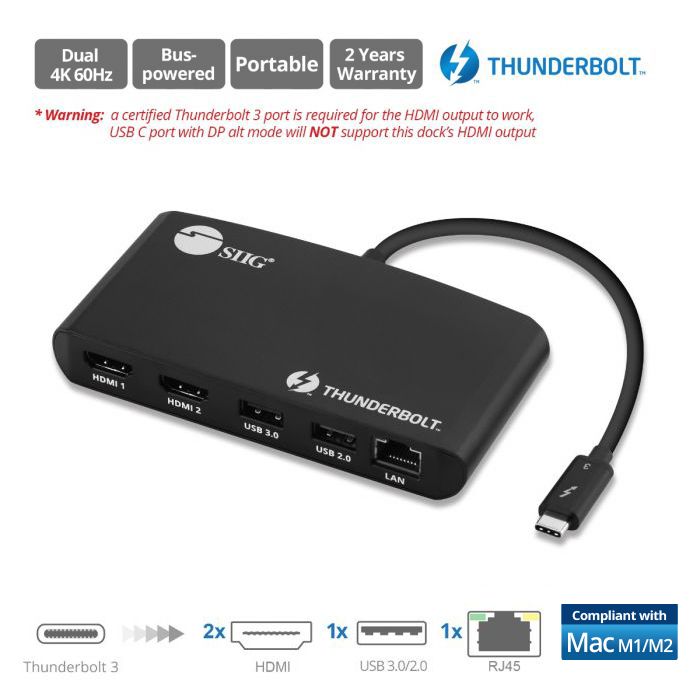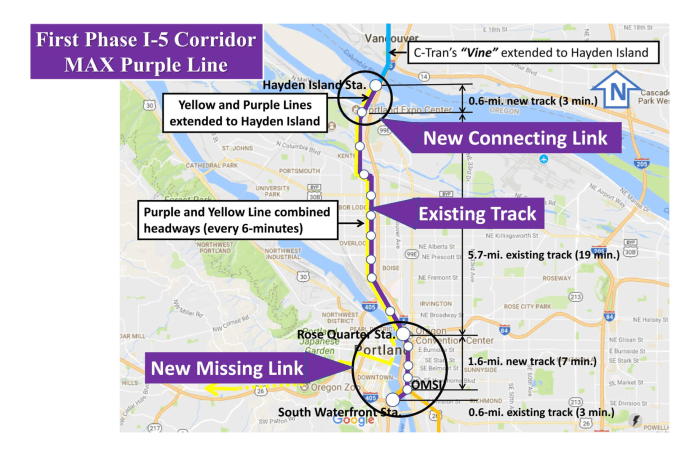Embark on a transformative journey with Core Mandatory Part 2 Relias, an immersive program designed to equip you with the essential knowledge and skills to excel in your field. Tailored for a diverse audience, this comprehensive program empowers learners to enhance their professional capabilities and achieve their career aspirations.
Through a structured curriculum and engaging delivery methods, Core Mandatory Part 2 Relias delves into the core concepts and principles that underpin industry best practices. By mastering these fundamentals, you’ll gain a competitive edge and unlock new opportunities for growth.
Core Mandatory Part 2 Relias

Core Mandatory Part 2 Relias is an online training program designed to provide healthcare professionals with the knowledge and skills necessary to safely and effectively administer medications. The program covers a wide range of topics, including medication safety, medication administration techniques, and medication calculations.
The target audience for Core Mandatory Part 2 Relias includes nurses, pharmacists, physicians, and other healthcare professionals who are involved in the administration of medications. The learning objectives of the program are to:
- Increase knowledge of medication safety principles.
- Improve skills in medication administration techniques.
- Enhance ability to perform medication calculations accurately.
Key Concepts and Principles

The Core Mandatory Part 2 Relias program covers several key concepts and principles that are essential for understanding and preventing falls in healthcare settings.
These concepts include:
- Fall risk assessment:The process of identifying individuals who are at risk for falls.
- Fall prevention interventions:Strategies and measures that are implemented to reduce the risk of falls.
- Environmental safety:Creating a safe environment to prevent falls.
- Patient education:Empowering patients with knowledge and skills to prevent falls.
- Staff training:Ensuring that staff is knowledgeable and competent in fall prevention practices.
Fall Risk Assessment
Fall risk assessment is a crucial component of fall prevention. It involves identifying individuals who are at risk for falls based on their medical history, physical condition, and environmental factors.
Common fall risk factors include:
- Age (65 years and older)
- History of falls
- Impaired mobility or balance
- Cognitive impairment
- Medications that can cause dizziness or drowsiness
Fall Prevention Interventions
Fall prevention interventions are strategies and measures that are implemented to reduce the risk of falls. These interventions can be targeted at individuals, the environment, or both.
Examples of fall prevention interventions include:
- Individual interventions:Exercise programs to improve balance and strength, medication review, and assistive devices.
- Environmental interventions:Installing grab bars in bathrooms, removing tripping hazards, and improving lighting.
- Combination interventions:Fall risk assessment and targeted interventions, patient education, and staff training.
Environmental Safety
Creating a safe environment is essential for preventing falls. This involves identifying and eliminating hazards, such as tripping hazards, slippery surfaces, and inadequate lighting.
Environmental safety measures include:
- Removing clutter and tripping hazards
- Installing grab bars and handrails
- Improving lighting
- Ensuring that floors are non-slip
Patient Education
Patient education is a key component of fall prevention. It involves empowering patients with knowledge and skills to prevent falls.
Patient education includes:
- Teaching patients about fall risk factors
- Providing information on fall prevention strategies
- Encouraging patients to report any concerns or changes in their condition
Staff Training
Staff training is essential for ensuring that staff is knowledgeable and competent in fall prevention practices.
Staff training includes:
- Education on fall risk assessment and prevention interventions
- Training on how to assist patients with mobility and transfers
- Practice drills to improve response time and coordination
Modules and Content
Core Mandatory Part 2 Relias comprises various modules that cover essential principles and concepts in healthcare. Each module is designed to provide learners with a comprehensive understanding of the subject matter and equip them with the necessary knowledge and skills to enhance their professional practice.
The following table provides an overview of the modules, their objectives, key topics, and assessment types:
Modules and Assessments
| Module Name | Objectives | Key Topics | Assessment Type |
|---|---|---|---|
| Module 1: Introduction to Patient Care |
|
|
|
| Module 2: Basic Nursing Skills |
|
|
|
| Module 3: Medical Terminology |
|
|
|
| Module 4: Pharmacology |
|
|
|
| Module 5: Nutrition |
|
|
|
| Module 6: Geriatrics |
|
|
|
al Methods and Delivery

The Core Mandatory Part 2 Relias program employs a comprehensive range of al methods to engage learners and facilitate effective knowledge acquisition.
The program utilizes a combination of online modules, case studies, and simulations to provide a dynamic and interactive learning experience.
Online Modules
The online modules form the core of the program and cover a wide range of topics related to healthcare compliance and ethical decision-making.
- Modules are designed to be self-paced and can be accessed at any time, allowing learners to progress at their own convenience.
- Each module includes interactive content, such as videos, animations, and quizzes, to enhance comprehension and retention.
Case Studies
Case studies are used to present real-world scenarios that challenge learners to apply their knowledge and make ethical decisions.
- Case studies encourage critical thinking and problem-solving skills, as learners analyze situations and consider multiple perspectives.
- Learners are guided through a structured process to identify ethical issues, evaluate options, and develop appropriate responses.
Simulations
Simulations provide an immersive and interactive environment where learners can practice their decision-making skills in a realistic setting.
- Simulations allow learners to experience the consequences of their actions and receive feedback on their choices.
- This hands-on approach reinforces learning and promotes the development of practical skills.
Delivery Format and Schedule
The Core Mandatory Part 2 Relias program is delivered online through a user-friendly learning management system.
The program is designed to be completed within a specific timeframe, with learners having access to the materials for a set duration.
Learners can track their progress and access support resources throughout the program, ensuring a personalized and effective learning experience.
Core mandatory part 2 relias is a crucial part of the learning process. It’s a way to review what you’ve learned and make sure you understand it. To help with that, you can check out the weekly math review q1 7 . It’s a great resource for practicing your math skills and getting ready for the next part of core mandatory part 2 relias.
Evaluation and Assessment
Core Mandatory Part 2 Relias incorporates various assessment methods to evaluate learner progress and ensure comprehension of the course material.
The assessment strategy includes:
Quizzes, Core mandatory part 2 relias
- Multiple-choice quizzes are embedded throughout the modules to test learners’ understanding of key concepts and principles.
- Quizzes are automatically graded, providing immediate feedback to learners.
- Learners must achieve a passing score on each quiz to progress to the next module.
Scenario-Based Assessments
- Learners are presented with realistic scenarios that require them to apply their knowledge and skills.
- Assessments may include multiple-choice questions, short answer responses, or a combination of both.
- Learners receive detailed feedback on their performance, including areas for improvement.
Final Exam
- A comprehensive final exam is administered at the end of the course.
- The exam covers all key concepts and principles from the course modules.
- Learners must achieve a passing score on the final exam to complete the course successfully.
The grading scheme for the Core Mandatory Part 2 Relias course is as follows:
| Assessment | Percentage |
|---|---|
| Quizzes | 50% |
| Scenario-Based Assessments | 30% |
| Final Exam | 20% |
Learners who successfully complete all assessments and achieve a passing grade will receive a certificate of completion.
Benefits and Impact

Completing the Core Mandatory Part 2 Relias program can provide numerous benefits to learners. These include:
- Enhanced Knowledge and Skills:The program covers a wide range of topics essential for healthcare professionals, including infection control, patient safety, and ethical decision-making. Learners can gain a deeper understanding of these concepts and develop the skills necessary to apply them in their practice.
- Improved Performance:By acquiring new knowledge and skills, learners can enhance their performance on the job. They can make more informed decisions, provide better patient care, and contribute to a safer and more efficient healthcare environment.
- Professional Development:Completing the program can contribute to learners’ professional development by demonstrating their commitment to continuous learning and improvement. It can also help them meet regulatory requirements and maintain their credentials.
Examples of Impact
The Core Mandatory Part 2 Relias program has had a significant impact on learners’ knowledge, skills, and performance. For example, a study conducted by the University of Pennsylvania found that nurses who completed the program had a 20% increase in their knowledge of infection control practices.
Another study conducted by the American Hospital Association found that physicians who completed the program had a 15% reduction in patient safety incidents.
Question & Answer Hub
What is the target audience for Core Mandatory Part 2 Relias?
Core Mandatory Part 2 Relias is designed for individuals seeking to enhance their professional skills and knowledge in a specific industry or field.
What are the benefits of completing Core Mandatory Part 2 Relias?
Upon completing Core Mandatory Part 2 Relias, learners will gain a comprehensive understanding of industry best practices, develop in-demand skills, and enhance their professional credibility.
How is Core Mandatory Part 2 Relias delivered?
Core Mandatory Part 2 Relias is delivered through a combination of online modules, case studies, simulations, and interactive exercises.
What is the assessment process for Core Mandatory Part 2 Relias?
Learners’ progress is assessed through a variety of methods, including quizzes, assignments, and a final project.